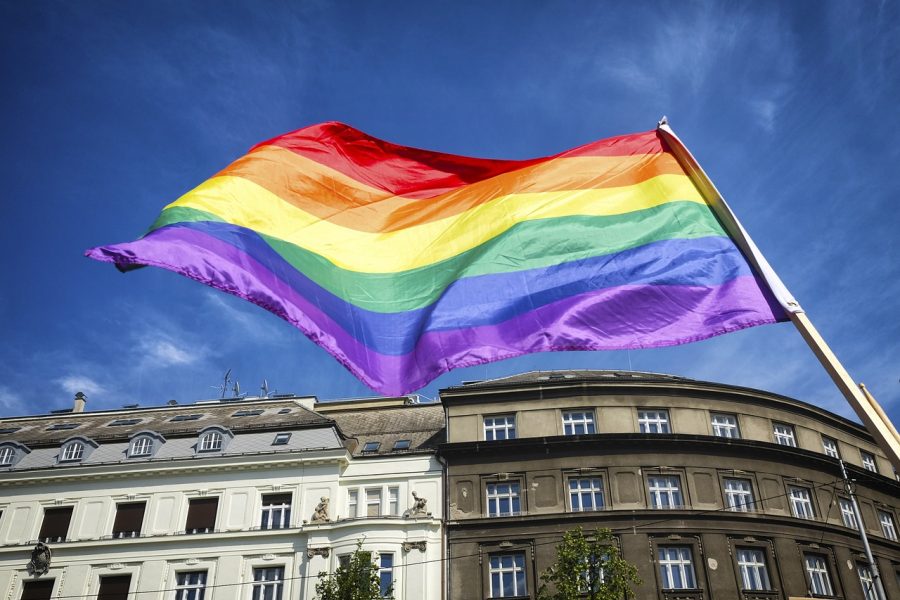Five Historical Figures You Should Know for LGBTQ+ History Month
October 13, 2022
LGBT History Month is celebrated during October. It was started in 1994 by Rodney Wilson, a teacher in Missouri. LGBT History Month was founded to teach LGBTQ+ history and acknowledge the achievements of LGBTQ+ people throughout history. To celebrate LGBTQ+ History Month, here are five LGBTQ+ historical figures you should know:
Marsha P. Johnson was a self-identified drag queen who advocated for the LGBTQ+ community. She was a prominent figure in the Stonewall Uprising, worked with activists like Sylvia Rivera, to support unhoused transgender youth in New York City, and has greatly influenced LGBTQ+ activism today.
Sylvia Rivera was a veteran of the Stonewall Uprising who advocated for LGBTQ+ people marginalized by the mainstream “gay rights” movement, specifically people of color and low-income people. She fought against the exclusion of transgender people from New York’s Sexual Orientation Non-Discrimination Act and worked with activists like Marsha P. Johnson to support unhoused transgender youth in New York City.
Harvey Milk was one of the first openly gay elected officials in the United States who served on the San Francisco Board of Supervisors in 1977. He advocated for equality, spoke out against discrimination towards LGBTQ+ people and other marginalized communities, and his authenticity as an openly gay elected official inspired countless LGBTQ+ people in a time where the LGBTQ+ community faced widespread discrimination.
Bayard Rustin was a Civil Rights activist who was a key organizer of the 1963 March on Washington and an advisor to Martin Luther King Jr. Despite being arrested for both civil disobedience and being gay, he continued to advocate for equality for Black and LGBTQ+ people until the end of his life.
Alan Turing was an openly gay mathematician and logician who is most known for his role in breaking the Enigma code, which was used by Germany for radio communications during World War II. Despite his contributions to the British government, he was prosecuted for being gay and punished by the government. In 2013, Queen Elizabeth II granted Alan Turing a royal pardon.



